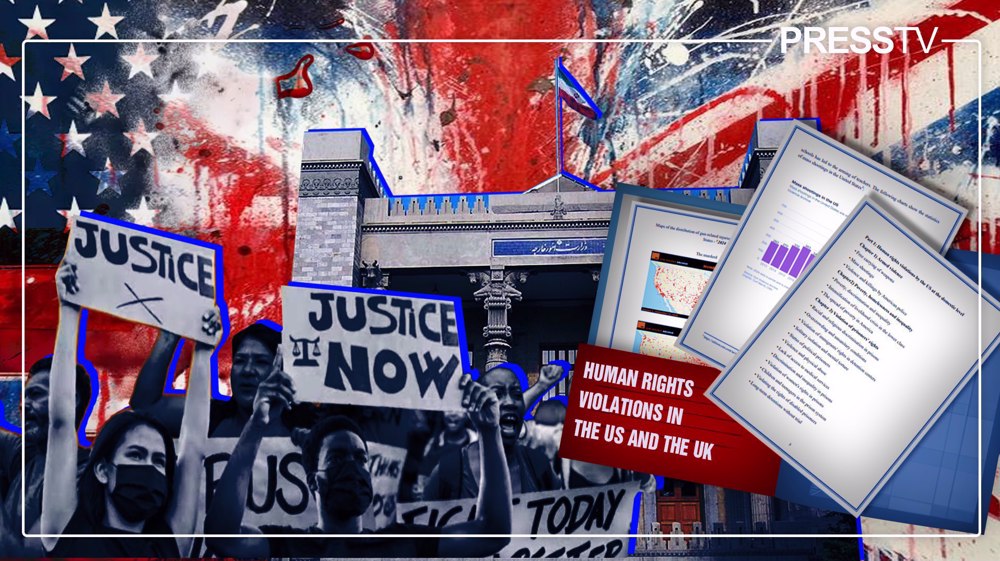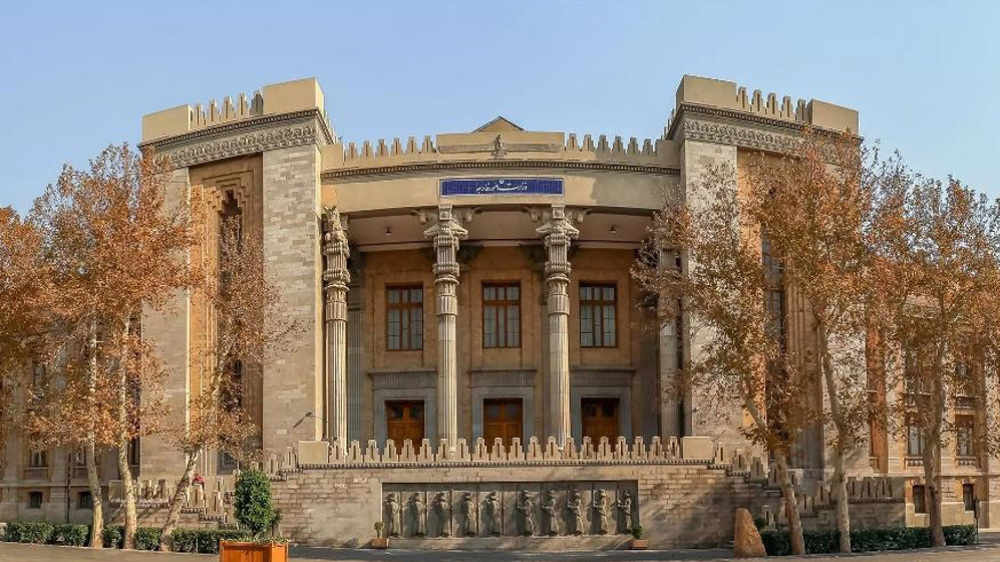Psychologists secretly aided US torture program: Report
A large number of US psychologists could be charged over their alleged involvement in the CIA torture program after the September 11, 2001 attacks, a report says.
An independent review conducted by a former US attorney, published by the New York Times on Friday, revealed that the American Psychological Association (APA) lied about and covered up the involvement of its members in the torture.
The 542-page report by David H. Hoffman, a Chicago-based lawyer, was commissioned last November by the APA’s board to investigate allegations that its senior officials secretly worked with the CIA and the Pentagon to help justify the Bush administration’s torture program.
The study is based on hundreds of interviews, an “immense volume” of internal APA documents and materials acquired from former APA officials and association critics.
The government agencies "purportedly wanted permissive ethical guidelines so that their psychologists could continue to participate in harsh and abusive interrogation techniques being used by these agencies after the September 11 attacks," the report said.
"APA's principal motive in doing so was to align APA and curry favor with DoD (Department of Defense). There were two other important motives: to create a good public-relations response, and to keep the growth of psychology unrestrained in this area," it added.

The United States has been accused of torturing inmates in CIA black sites abroad during the “War on Terror” by the George W. Bush administration.
A group of former CIA detainees announced that they were not asked to testify for the Justice Department during the criminal inquiry into the torture allegations.
In December last year, the Senate Intelligence Committee released a drastically redacted summary of its voluminous report on the CIA’s torture program during the Bush administration.
According to the Senate report, the CIA misled Congress and the White House about the harsh methods such as waterboarding, sleep deprivation, mock executions and threats that the relatives of the prisoners would be sexually abused.
The report has drawn harsh criticism from the United Nations and prominent human rights groups, which have called for prosecution of those responsible.
In December, Dick Cheney, who was vice president at the time of the CIA torture program, defended the methods revealed in the report, saying, "I'd do it again in a minute."
US hostage-taking of Iranian nationals violation of intl. law: Deputy FM
VIDEO | Carol Singers for Palestine on London’s Parliament Square
American warplane downed after Yemeni attacks 'baffled' US air defense: Ansarullah
VIDEO | Yemenis praise the military for its successful operations against Israel
VIDEO | Israel continues to bomb Gaza homes
VIDEO | An insider's view of the country: Meybod City in Yazd
‘All wars have rules. All of those rules have been broken’ by Israel
VIDEO | Report flags India’s violation of rights of Rohingya detainees










 This makes it easy to access the Press TV website
This makes it easy to access the Press TV website